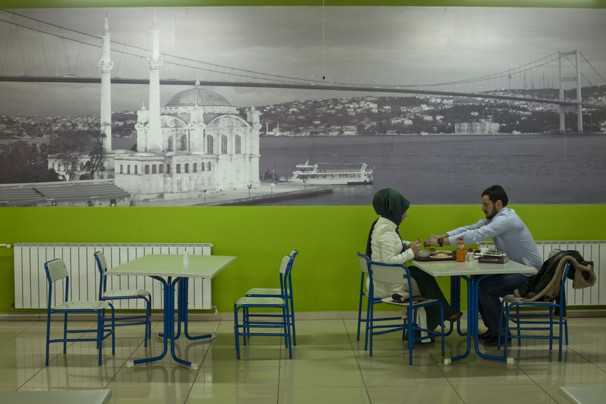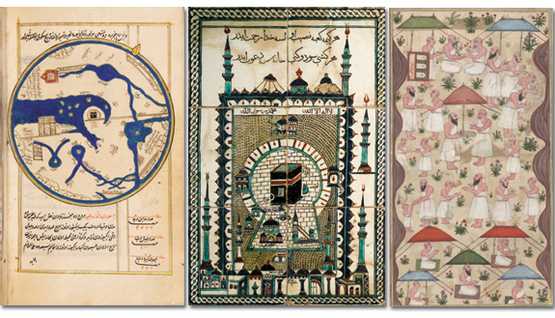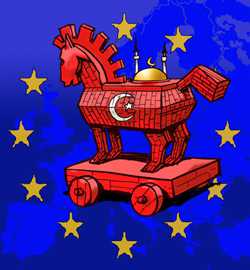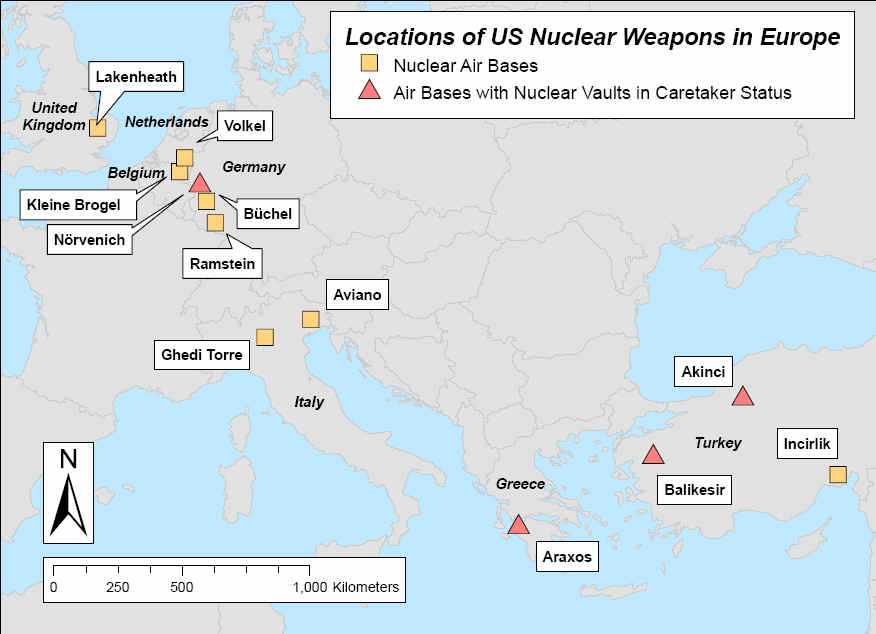
View Photo Gallery — A gentler Ottoman empire: Two Turkish-run universities have opened in Sarajevo, Bosnia’s Ottoman-influenced capital city in recent years, bringing an influx of Turkish students and culture to a predominantly Muslim country still reeling from a brutal ethnic war almost two decades ago.
By Michael Birnbaum
SARAJEVO, BOSNIA — Turkey conquered the Balkans five centuries ago. Now Turkish power is making inroads through friendlier means.
Two Turkish-run universities have opened in Bosnia’s Ottoman-influenced capital in recent years, bringing an influx of Turkish students and culture to a predominantly Muslim country still reeling from a brutal ethnic war almost two decades ago.
With two universities in Sarajevo and investments in the region, Turkey’s influence grows in the Balkans.
Turkish investment has expanded across the Balkans, even in Croatia and Serbia, where mostly Christian residents think of the sultans from Constantinople as occupiers, not liberators. Turkey also has helped broker talks between formerly bitter enemies in the Balkans. This growing presence has given Turkey an expanding field of influence in Europe at a time when the country’s prospects of joining the European Union appear dubious.
“Turkish leaders are working at a new Ottoman empire, a gentle one,” said Amir Zukic, the bureau chief of the Turkish Anadolu news agency’s Sarajevo office, which has expanded in recent months. “Turkey, a former regional power, is trying to come back in a big way.”
Turkey’s presence in Bosnia was largely dormant during the more than 40 years that the Balkan country was part of communist Yugoslavia, which was not receptive to Turkish religious and historical influences. But during the mid-1990s, as Yugoslavia fell apart, Turkish aid started flowing to the Muslims who make up about half of Bosnia. Since then, Turkish funding has helped reconstruct Ottoman-era monuments that were targets of ethnically motivated destruction.
Now Turkey’s cultural influence is hard to miss. Turkish dignitaries are frequent visitors to Sarajevo. A grand new Turkish embassy is being built near “sniper alley,” a corridor where, during the three-year siege of the capital city in the war, Bosnian Muslims struggling to go about their daily business were frequently shot at by Serbian snipers stationed on nearby hills. Billboards advertise round-trip flights to Istanbul for the equivalent of $74. And this year, a baroque soap opera based on the life of Suleiman the Magnificent, a 16th-century ruler of the Ottoman Empire, has mesmerized couch potatoes amid Bosnia’s dreary winter.
Student exchange
The biggest outposts in Bosnia have been the two Turkish-backed universities, which have mostly Turkish students.
At the International University of Sarajevo, students who enter the main door of the sunny building that opened two years ago have to pass under the watchful eye of Sultan Mehmed the Conqueror, the Ottoman ruler who introduced Islam to Bosnia in 1463. The private university is backed by Turkish businessmen who are close to Turkish Prime Minister Recep Tayyip Erdogan’s political party. The school started in 2004 and has grown to 1,500 students. It is shooting for 5,000, the capacity of its new building.
Classes are held in English, and there is a Western curriculum heavy on practical subjects such as business and engineering. But both Turkish and Bosnian students say that part of the attraction of the school is the cultural exchange that takes place. Each cohort has to learn the other’s language.
via In Bosnia, Turkey brings back a gentle version of the empire – The Washington Post.
More: http://www.washingtonpost.com/world/europe/in-bosnia-turkey-brings-back-a-gentle-version-of-the-empire/2013/03/24/23cf05f8-84e2-11e2-98a3-b3db6b9ac586_story.html





